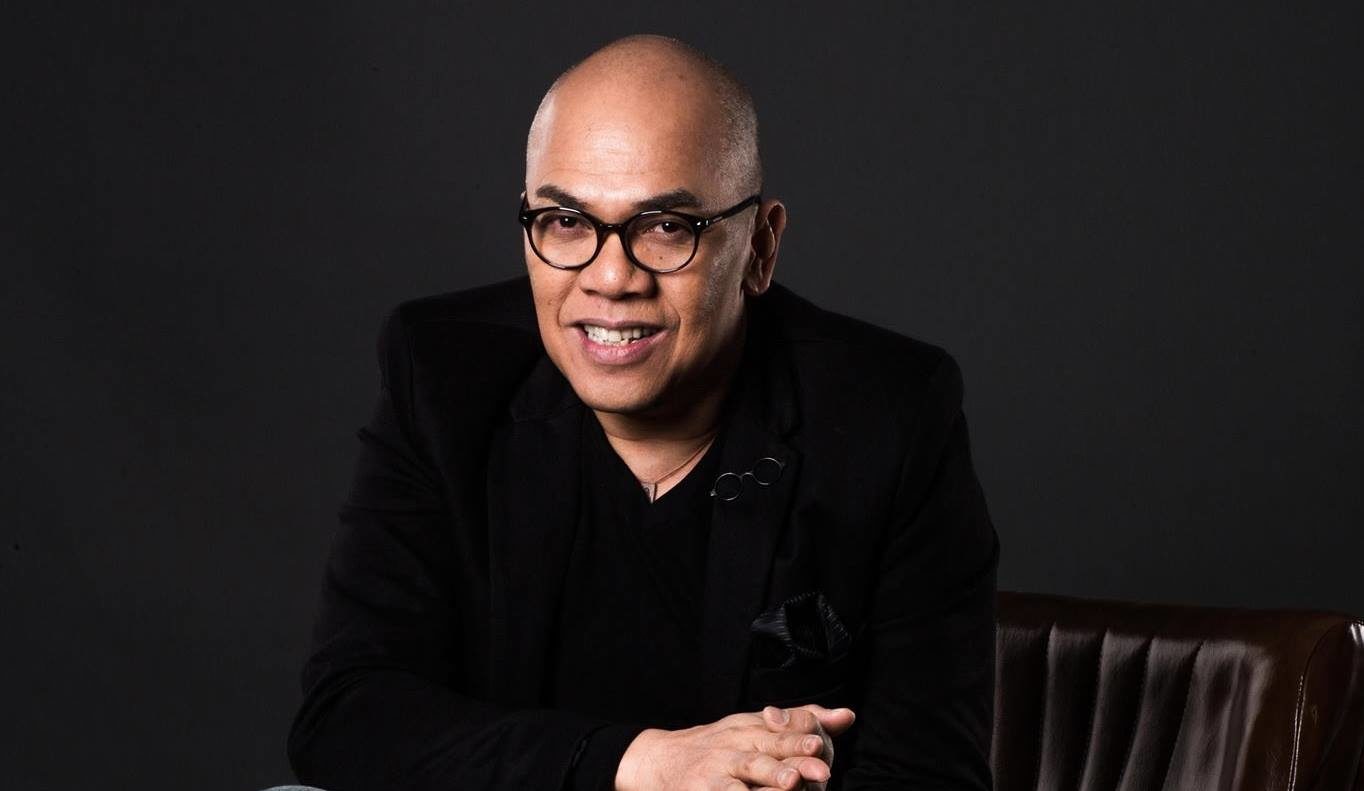The conversation around colorism issues blew up recently after netizens criticized the upcoming fantasy series Bagani, for brownfacing mestizo (mixed-race) actors instead of simply casting dark-skinned actors to play lead roles.
As part of Coconuts Manila’s series of stories on colorism in the Philippines, we recently sat down with TV host and founder of Asian Artists Agency Boy Abunda to get his insights on skin color issues in the local entertainment industry that he has been a part of for more than 30 years.
Abunda said in the interview that while he’s “cognizant” of the industry’s color issues, he believes representation has improved, and that the industry is making real progress in diversifying the skin tones we see in major TV roles.
Thank you for taking the time to sit down with us. I’ll start off with a statement, then tell me if you agree or disagree: In order to be a star in this country or in Asia, you need to be maputi (white). Agree or disagree?
I disagree.
Why is that?
I have been in the business for so long. I’m a talent, I’m an artist manager. OK, I’m a star, but I’m not mestizo.
You know, admittedly your question is valid because in the beginning, almost 30 years ago, when I was invited to host [a TV show], I was told that. That it would be very difficult for me to get into the business, to break into the business because…Well, I was gay. I was not beautiful. The words used was na “hindi ka kagandahan.” (you’re not that pretty) and… I was gay. I had an accent.
But, no, I don’t want that to be my mindset… I mean, the biggest star… the best actress in Philippine cinema, Nora Aunor is far from being mestiza.
We have some of the finest actresses — Angel Locsin to Angel Aquino to Gloria Diaz to… [actor] Richard Gomez, who is certainly not mestizo.
So if I were to rephrase the question, “Were we made to believe that you had to be mestizo to be beautiful? And to make it in the business?” Yes.
So there was this attitude that we kept on breaking this notion. Tigil na (This should stop). I don’t wanna break that notion. I want to subscribe to the idea and to the truth that… attitudes have certainly changed.
It’s a mindset, but that’s not totally a lie either. It’s not totally a lie because there was a time in the business when mestizos were so appreciated. Remember that we cannot deny [the influence of] our Spanish colonizers. I also don’t want to deny the American occupation of this country. So there was a time when there had to be the Tom Jones of the Philippines. We had to have the Elizabeth Taylor of the Philippines. Lahat ng ito, nangyari ito (all of this happened).
But for us to allow this to define us forever, I think, is a deadly mistake. So right now, today… here and now, as you ask me that question if you have to be mestizo or mestiza to make it in the business? I would certainly say no.
If color doesn’t matter, or matters less, is it because our perceptions of beauty have changed?
Not really that. You know, I’m in the middle of this debate.
Some people would say whitening products sell in places like the Philippines, Thailand, etc. because we celebrate the white. I’m very personal about it. You know, if you want to be white and beautiful, I respect that.
But don’t impose that on me. And don’t impose that on anyone, because our color is certainly beautiful. I am accepting of where we came from, who we were, what we were, and what defined us, and who we listened to, but I’m also cognizant of our power. It is in our power to change what is wrong and to begin what is right.
So, coming at it from the perspective of a talent manager/artist agency head, what is the most important thing [to consider] then when looking at potential stars?
Talent and the intangibles.
So what do you mean when you say intangibles? You talk about charisma. You talk about x-factor. You talk about what makes our job difficult as talent managers.
Aside, of course, from being able to develop networks — being able to build the power and influence — being able to dial numbers and connect yourself with the influential names in the industry — to be able to get jobs. That includes media, you know, films, television, etc.
I would like to say, still, talent. Talent prevails, but we are not measuring talent here.
There are times when sometimes you wonder, “The person isn’t that good at singing, but why are they so famous? They aren’t that good at acting, nor are they that good looking.”

We are in a business of magic, for lack of a better word. You know, it’s to be able to create magic. I always say travel to the edge of that space that you know and then start the journey in that area beyond what is familiar. And then where you travel and where you go is a space where magic begins
So, this is without having to be poetic. I am not rhapsodizing my job as an artist manager, but this is the truth: Appeal is important! The x-factor and charisma.
Because you can only wish. You can only work hard. But I think magic is when your passion, your desire, your hard work meet the divine. There is discipline, and discipline is important.
Do you think more has to be done to improve diversity in TV and movies?
No. Television and movies are businesses enterprises. But I don’t think there is a consideration anymore of color — if colorism is basically what we’re trying to talk about. Because the biggest show of ABS-CBN right now is…
READ: The Color of Money: In Philippine TV and film, white still equals green
Probinsyano?
Which casts? Coco Martin, right? I think that basically answers the question.
It should be what it is. It is what it is. You know, I think the principal consideration is viability, not color.
Whoever you are, are you viable? Are you selling? Are you connecting? You go the newscasters … I don’t think Mike Enriquez is mestizo? Or Noli (De Castro) is mestizo? Nor Ted Failon?
Or you can even go to the women. So colorism, stereotyping, fortunately, is diminishing. But we have to keep talking about it. The biggest victims [of] stereotyping in this day and age are still the LGBT people, not in terms of color, it’s still the transgender women, still the gays.
The old prejudicial traditional notions about being gay are being whatever — promiscuous, sick, etc. I think we are the biggest victims of stereotyping.
So do you think we are where we need to be in terms of change (in media representation)?
Not yet. But we are, I think, on our way. I think there is some pride now of who we are, of the color, of the Filipino talent with the many victories of actors, singers. you know. We’re just waiting for the best [that’s] yet to come.
READ: Life on the drip: Tapping into a country’s color obsession
As someone who heads an artist agency, what are some of the things that you plan to do in order to keep pushing for diversity?
I’m looking for someone who honors his traditions, someone who honors his stories — which is unique. Someone who honors his ancestors, his past, his music. These are all articulations of his identity, not a copy of anyone. Whether they’re Filipino, Singaporean, Thai, Indonesian. But I prefer Filipino first.
For aspiring actors who have insecurities about their looks and making it in this business, what would you tell them, give me three things?
Insecurities? Embrace them, hire a good manager, and pray.
Why pray?
With my talkativeness and cockiness, and I mean cockiness in a good way, I’m not afraid of anything. I still pray for words. I say, “God, Lord. Give me the words.” I pray, embrace.
Hire a good manager who will tell you if you are talented or not because you have to have talent. But if you don’t have a manager, it’s your choice. Pray to God, because when you are in a business that celebrates magic, you have no other way but to pray.
This interview has been edited for length and clarity.





Reader Interactions